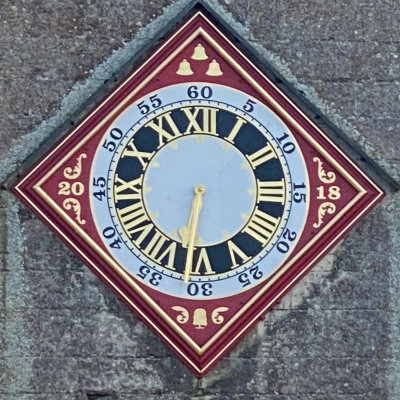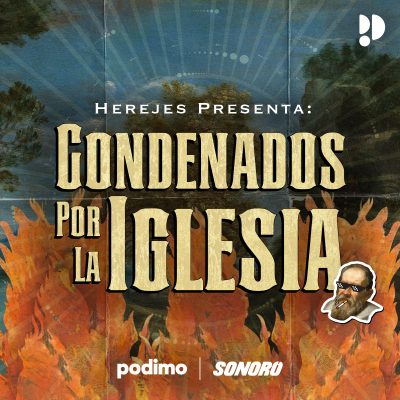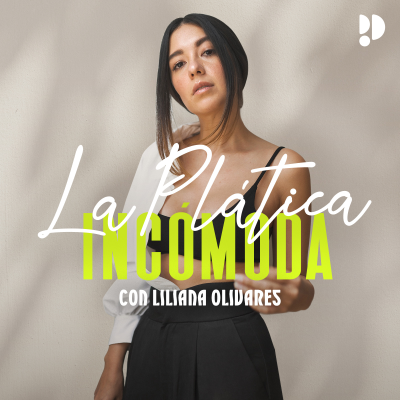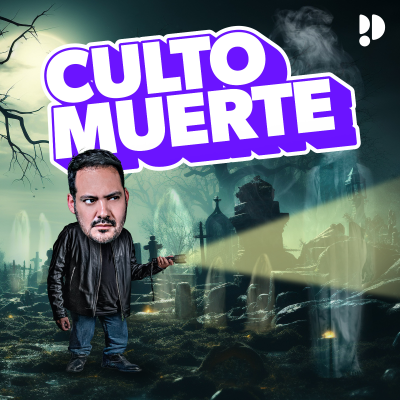
In the Beginning, there was ... Philosophy.
English
History & religion
Limited Offer
2 months for 19 kr.
Then 99 kr. / monthCancel anytime.
- 20 hours of audiobooks / month
- Podcasts only on Podimo
- All free podcasts
About In the Beginning, there was ... Philosophy.
These podcasts are devoted to selected topics in Political Philosophy, and the History and Philosophy of the Natural and Social Sciences. In the Introduction I explain that my starting point is philosophical problems, rather than, say, the history of great thinkers. Each episode of Political Philosophy deals one topical issue: The issue of Power; the notion of (Republican) Liberty and the problem of Social Justice and the contrast between Open and Closed Societies Episodes in History and Philosophy of science will deal with the notion of time, scientific revolutions and the nature of science.
All episodes
35 episodesEpisode 32: Trust: Its Role in Private and Public Life
This his episode consists of two parts. In Part I, I discuss the role of trust in personal relationships - called interpersonal trust. In the second part I consider the role of trust in people's relationships with institutions - called institutional trust. In both cases an expectation of benefits from the trustee to the truster is involved. We make inductive inferences from past experience of benefits to the expectation of future benefits. When the trustee turns out to be reliable we tend to trust them. Such expectations can be disappointed. When this happens it leads to distrust on the part of the truster. The trustee comes to be seen as untrustworthy. In the second part I emphasise the importance of trust in social and political institutions (from banks to universities). A free society cannot function properly, if people have no trust in the institutions (say, the government, the health system, the police etc.). In a dictatorship, trust is not needed because it is replaced by intimidation, fear violence. A democracy needs trust, because people always have the choice of alternatives (different political parties, newspapers, organizations). There is a vast amount of literature on trust. The following are good starting points: * Katherine Hawley, Trust. A Very Short Introduction. Oxford University Press (2012) * The Ethics and Epistemology of Trust, in The Internet Encyclopedia of Philosophy. [https://iep.utm.edu/trust/#H2] On the notion of trust, you may also consult my paper: * Weinert, F.: ‘The Role of Trust in Political Systems. A Philosophical Perspective.’ Open Political Science 1 (2018): 7-15
Episode 31: What is Stoicism? (Marcus Aurelius)
In this Episode I look at the philosophy of Stoicism, through the eyes of the Roman Emperor Marcus Aurelius (161-180 AD). As with so many things, Stoicism goes back to the Greeks; its impact reached into the Roman period. It is much more than composure in the face of adversity. It is a practical philosophy, a way of life: how to lead a wise life. Wisdom embraces justice, rationality and control over one's emotions. It also has political implications: the Stoic cares for the community of which s/he is a member. And there are cosmopolitan implications: the Stoic is part and parcel of the evolution of the cosmos, even though life is transient and short. Literature: -Marcus Aurelius; Meditations (many editions) -The Internet Encyclopedia of Philosophy [https://iep.utm.edu/marcus-aurelius]
Episode 30: Schopenhauer on Pessimism
The German philosopher Arthur Schopenhauer (1788-1860) is famous, amongst other things, for his negative outlook on life and human nature. His pessimism was partly due to his experience of human misery and his revolt against slavery; it was also partly due to his philosophy of the Will. He saw the Will as the blind driving force of human actions and behaviour. As humans have no control over the Will, their actions are not free. Schopenhauer, who was a brilliant prose writer, argues that our characters are unchangeable. There is no freedom of the Will. He was a virulent opponent of the obscurantism of German Idealism (Hegel, Fichte, Schelling) and a champion of clear language. Although he lived in the shadow of Hegel (and other German idealists) his ideas have influenced the likes of Nietzsche, Wittgenstein, Freud and Einstein. Karl Popper counted him amongst the great philosophers. Literature: * Internet Encyclopedia of Philosophy [https://iep.utm.edu/schopenh ].
Episode 29: Alexander von Humboldt & the Order of Nature
In this Episode, I introduce the life and work of a forgotten hero of science: Alexander von Humboldt (1769-1859). In his own time he was such a famous explorer and discoverer that many of his contemporaries were influenced by his thinking, most notably Charles Darwin. And even though he is no longer as well known as Darwin today , many places, species, mountains and rivers are still named after him. He took a global approach to Nature, treating Nature as an interrelated whole, in which everything is in flux. He became the first ecologist who truly understood the importance of the environment and its influence on life. He approached Nature as a living organism. Politically, he was inspired by the ideals of the French revolution, which made him an opponent of colonialism and slavery. Literature: * Andrea Wulf: The Invention of Nature (2015; a magnificent biography, on which this episode is based) * Friedel Weinert: The Scientist as Philosopher (2004: Ch. I.2 in which I explain the emergence of this notion of nature) Websites: * https://plato.stanford.edu/entries/alexander-humboldt [https://plato.stanford.edu/entries/alexander-humboldt] * https://en.wikipedia.org/wiki/Alexander_von_Humboldt [https://en.wikipedia.org/wiki/Alexander_von_Humboldt]
Episode 28: Darwin & his Precursors
This episode looks at three pre-Darwinian accounts of the development of organic nature: the Great Chain of Being, Design arguments (Paley) and Jean-Baptiste Lamarck's 'transformatism'. All of these accounts assume, in one way or another, that the explanation of organic life requires the postulation of purpose and design in nature. This assumption is in striking contrast with mechanical explanations in astronomy and physics. The idea of 'evolution' was well accepted before Darwin. But Darwin's achievement consists in the articulation of a testable mechanism - natural selection - which explained evolution, without requiring design and purpose. The episode ends with a succinct description of Darwin's 'revolution'. Literature: * J. C. Greene, ‘The Kuhnian Paradigm and theDarwinian Revolution in Natural History’, in: G. Gutting (ed.): Paradigms and Revolutions (1980: 297-320) * F. Weinert, Copernicus, Darwin & Freud (Wiley 2009)
Choose your subscription
Limited Offer
Premium
20 hours of audiobooks
Podcasts only on Podimo
All free podcasts
Cancel anytime
2 months for 19 kr.
Then 99 kr. / month
Premium Plus
Unlimited audiobooks
Podcasts only on Podimo
All free podcasts
Cancel anytime
Start 7 days free trial
Then 129 kr. / month
2 months for 19 kr. Then 99 kr. / month. Cancel anytime.





































